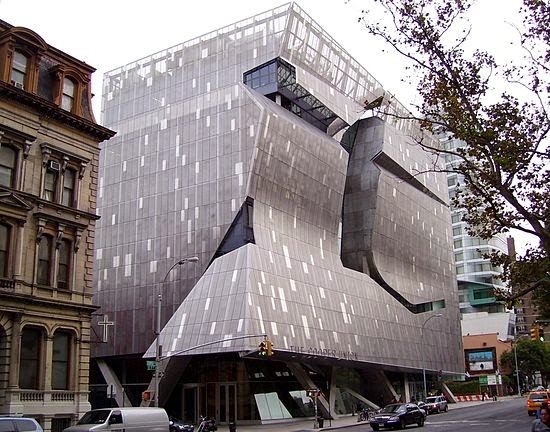Probing non-equilibrium dynamics in a quantum many-body system

This week at UQ there was a fascinating Quantum Science Seminar by Jorg Schmiedmayer, describing some beautiful ultra cold atom experiments. Much of the talk is nicely discussed in a book chapter Does an isolated quantum system relax? [Answer is yes]. Some of the most recent results are in a Science paper, Experimental observation of a generalised Gibbs ensemble that appeared this month. The experiments involve a one-dimensional Bose gas that can be described as a Luttinger liquid. This means that many properties, even non-equilibrium ones , can be calculated analytically and compared to experiment. This is a theorists dream! Here are a few things that stood out. Relaxation from a non-equilibrium state to the thermal equilibrium state occurs on several different time scales. First there is rapid relaxation to a "quasi-steady state" described by a Generalised Gibbs ensemble [This idea goes back to Jaynes] that involves an effective temperature [that one can even the



